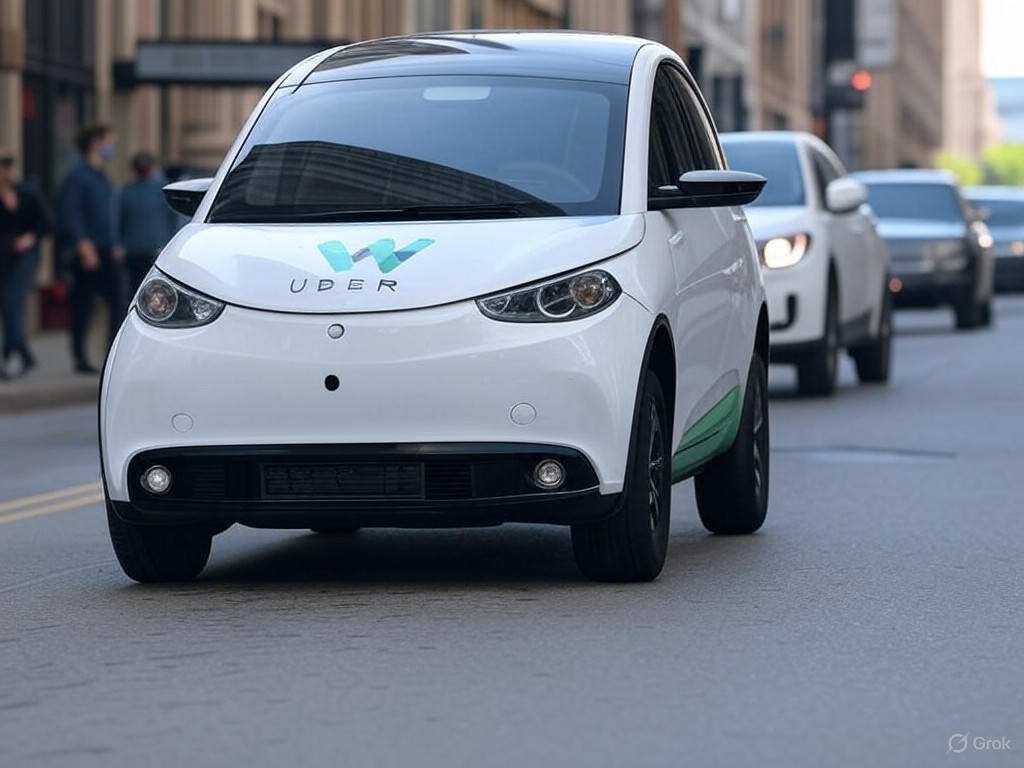Atlanta Welcomes the Future: Uber and Waymo Launch Robotaxi Service
The streets of Atlanta are buzzing with a new kind of ride as Uber and Waymo roll out their much-anticipated commercial robotaxi service. This groundbreaking collaboration marks a significant milestone in the evolution of urban transportation, bringing self-driving technology to the fingertips of everyday commuters in the bustling Southern city. As of this month, residents and visitors can now summon an autonomous vehicle through the Uber app, experiencing a glimpse of what the future of mobility might hold.
The partnership between Uber, a giant in the ride-hailing industry, and Waymo, a leader in autonomous driving technology, combines cutting-edge innovation with widespread accessibility. Waymo’s fleet of driverless vehicles, equipped with advanced sensors and AI, promises a safe and efficient alternative to traditional rides. Atlanta was chosen as one of the first cities for this rollout due to its diverse road conditions and growing demand for innovative transport solutions. This launch follows successful testing phases in other cities, where the technology proved its ability to navigate complex urban environments with precision.
For many Atlantans, the arrival of robotaxis is both exciting and surreal. Imagine stepping into a car with no driver behind the wheel, yet feeling confident as the vehicle smoothly maneuvers through traffic. Riders can track their journey in real-time via the app, with the added assurance of 24/7 customer support for any concerns. Early feedback from users highlights the novelty of the experience, though some express curiosity about how the technology will handle unexpected scenarios like road construction or sudden weather changes. Uber and Waymo have emphasized their commitment to safety, noting that the vehicles undergo rigorous testing and are designed to prioritize passenger well-being.
Beyond the consumer experience, this initiative could reshape Atlanta’s transportation landscape. With the potential to reduce traffic congestion and lower carbon emissions, robotaxis align with broader goals of creating sustainable urban ecosystems. Local businesses may also benefit as easier access to autonomous rides could attract more customers to areas previously considered hard to reach. However, questions remain about the long-term impact on traditional taxi drivers and the gig economy, as automation continues to redefine labor markets.
As Uber and Waymo pave the way for autonomous travel in Atlanta, this launch is just the beginning. Both companies have hinted at plans to expand their robotaxi services to other cities, refining their technology based on real-world data collected from this initial deployment. For now, Atlanta stands at the forefront of a transportation revolution, offering a firsthand look at a world where cars drive themselves. Whether this becomes the norm or remains a novelty, one thing is clear: the future of mobility has arrived, and it’s ready to take passengers for a ride like no other.


